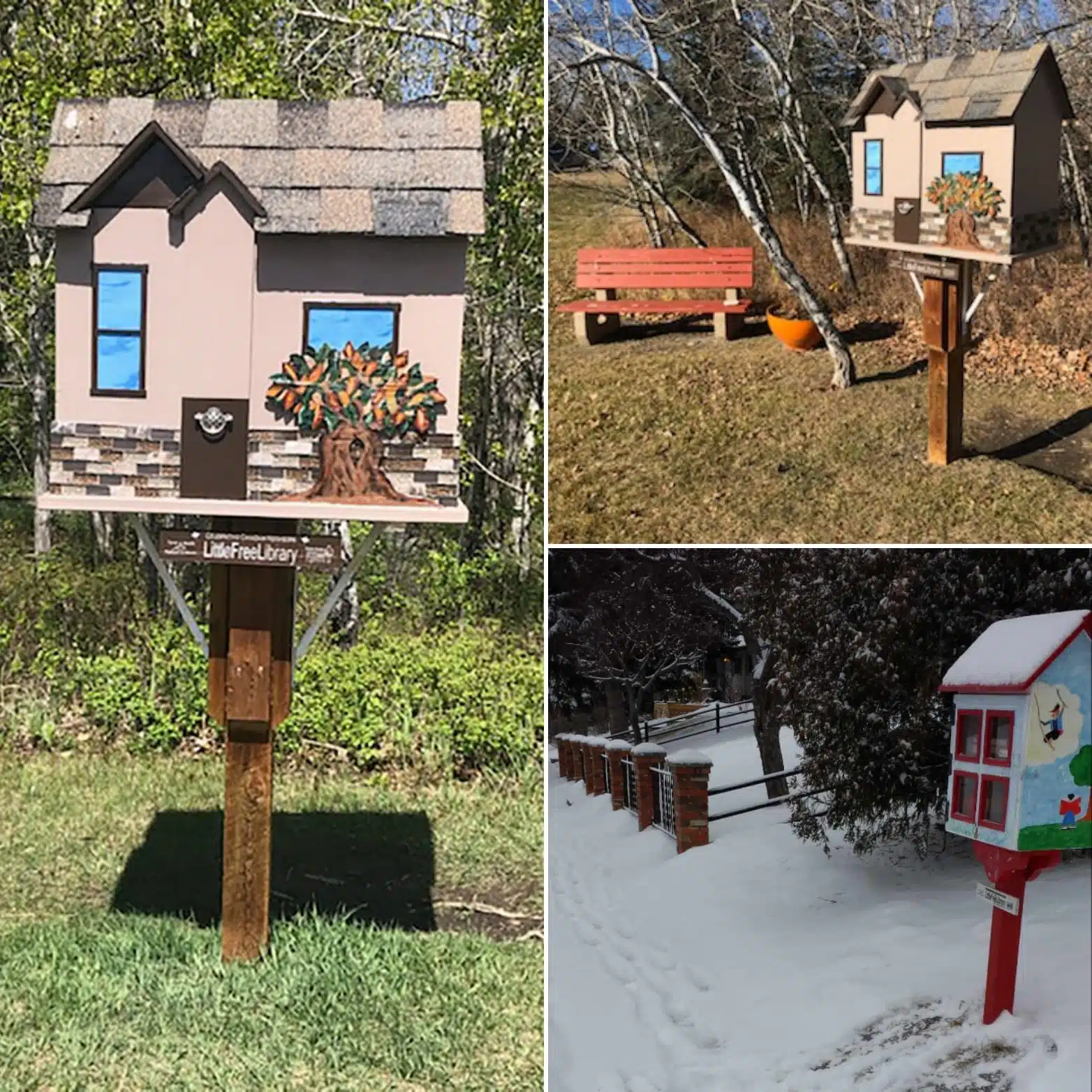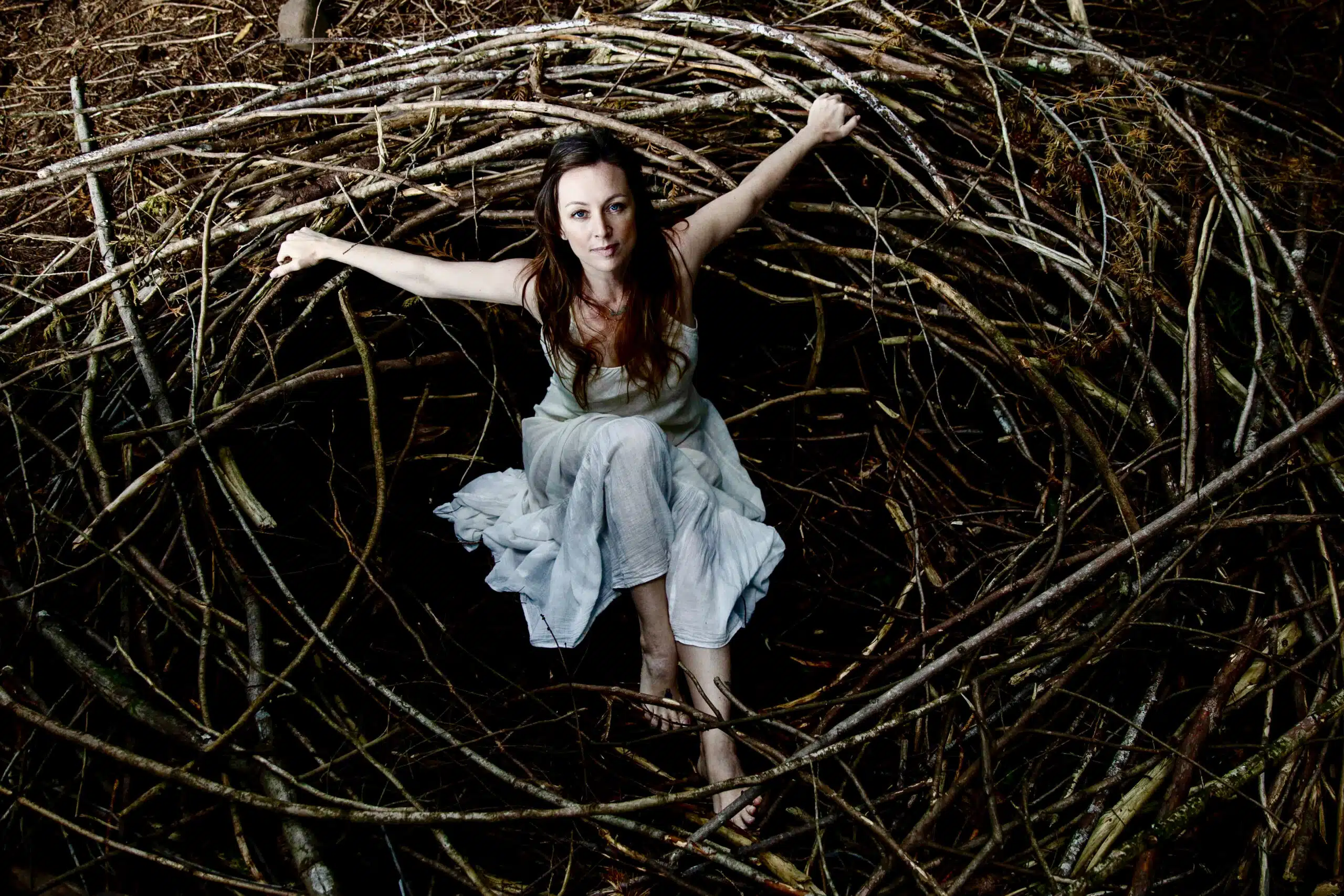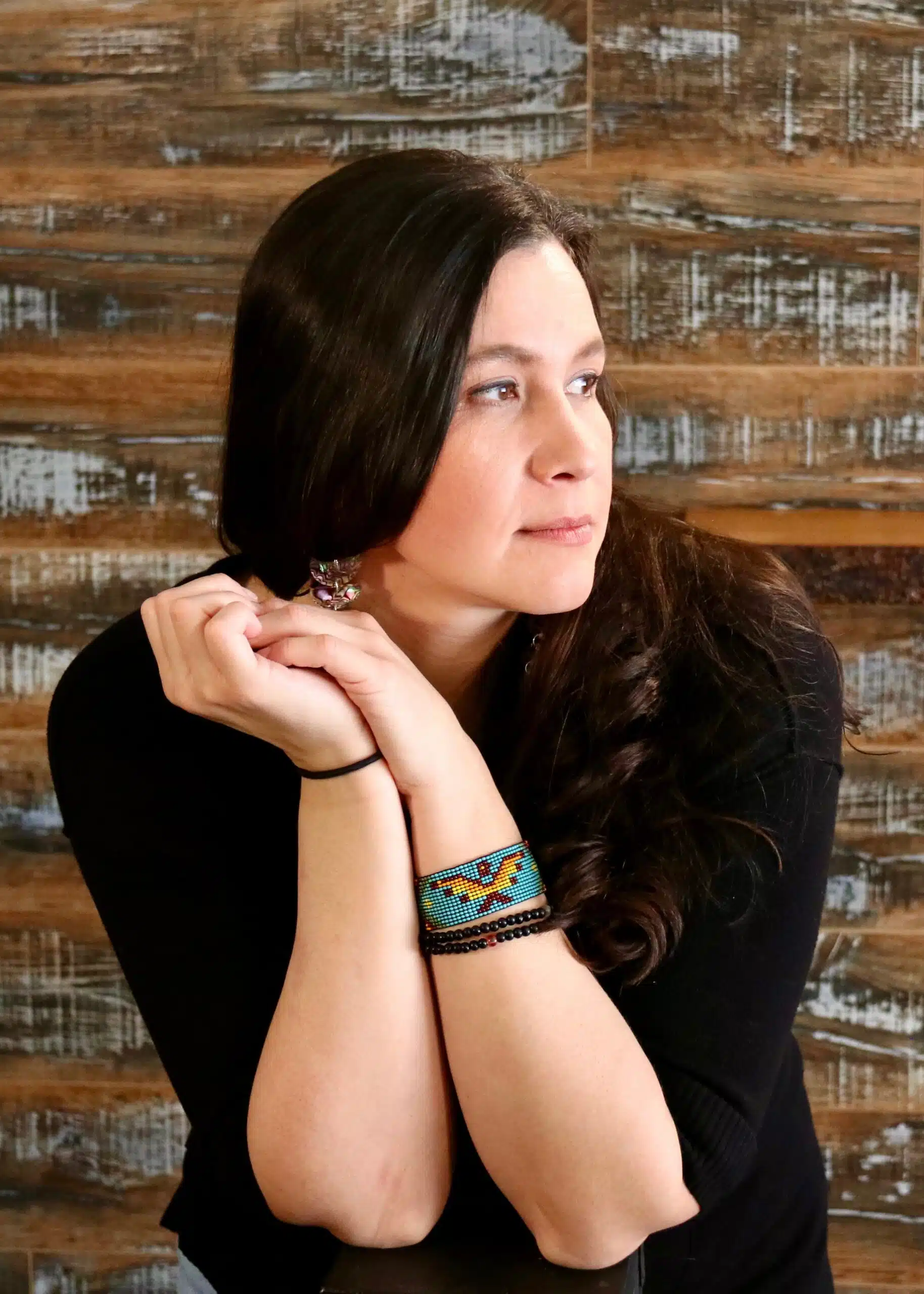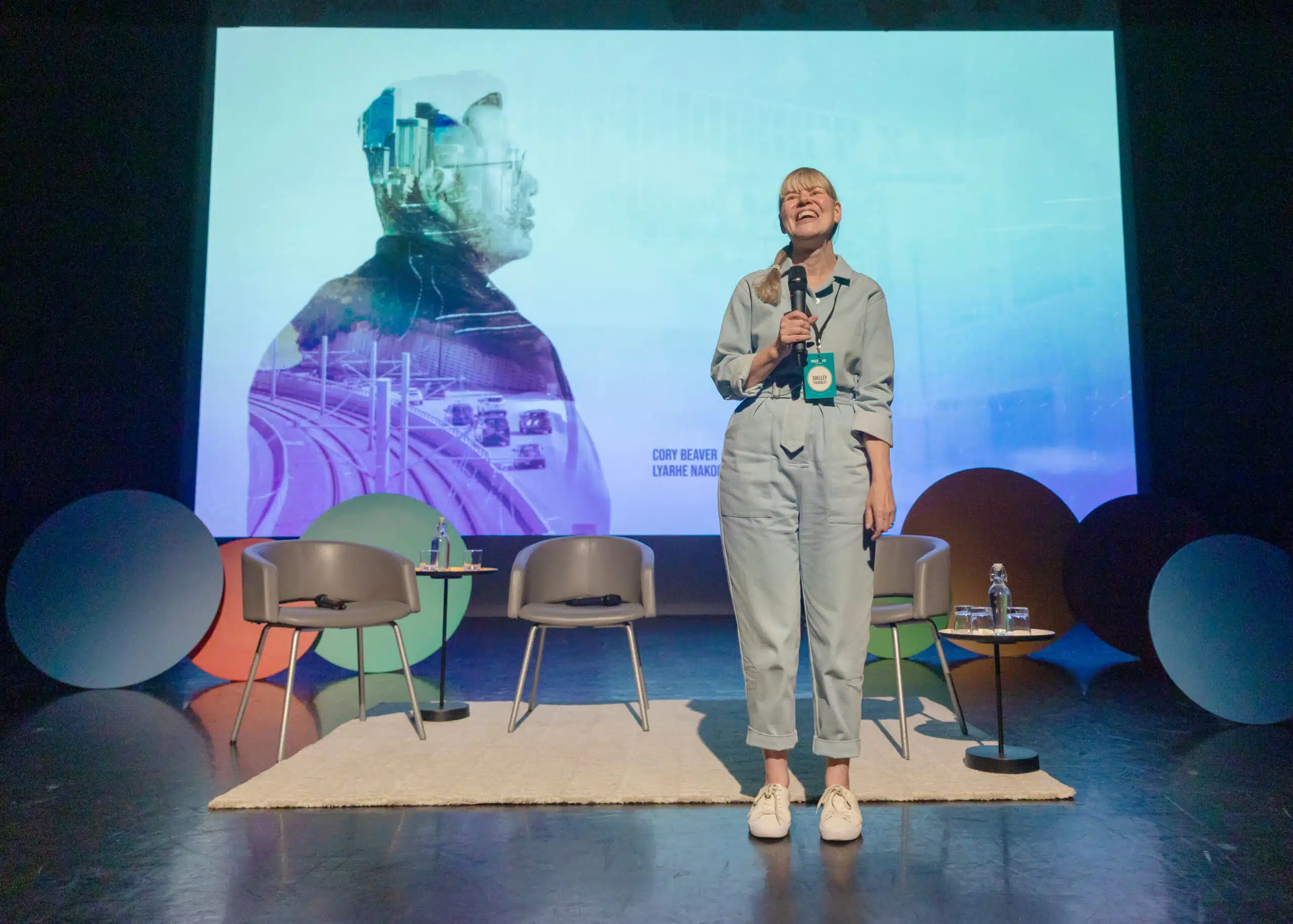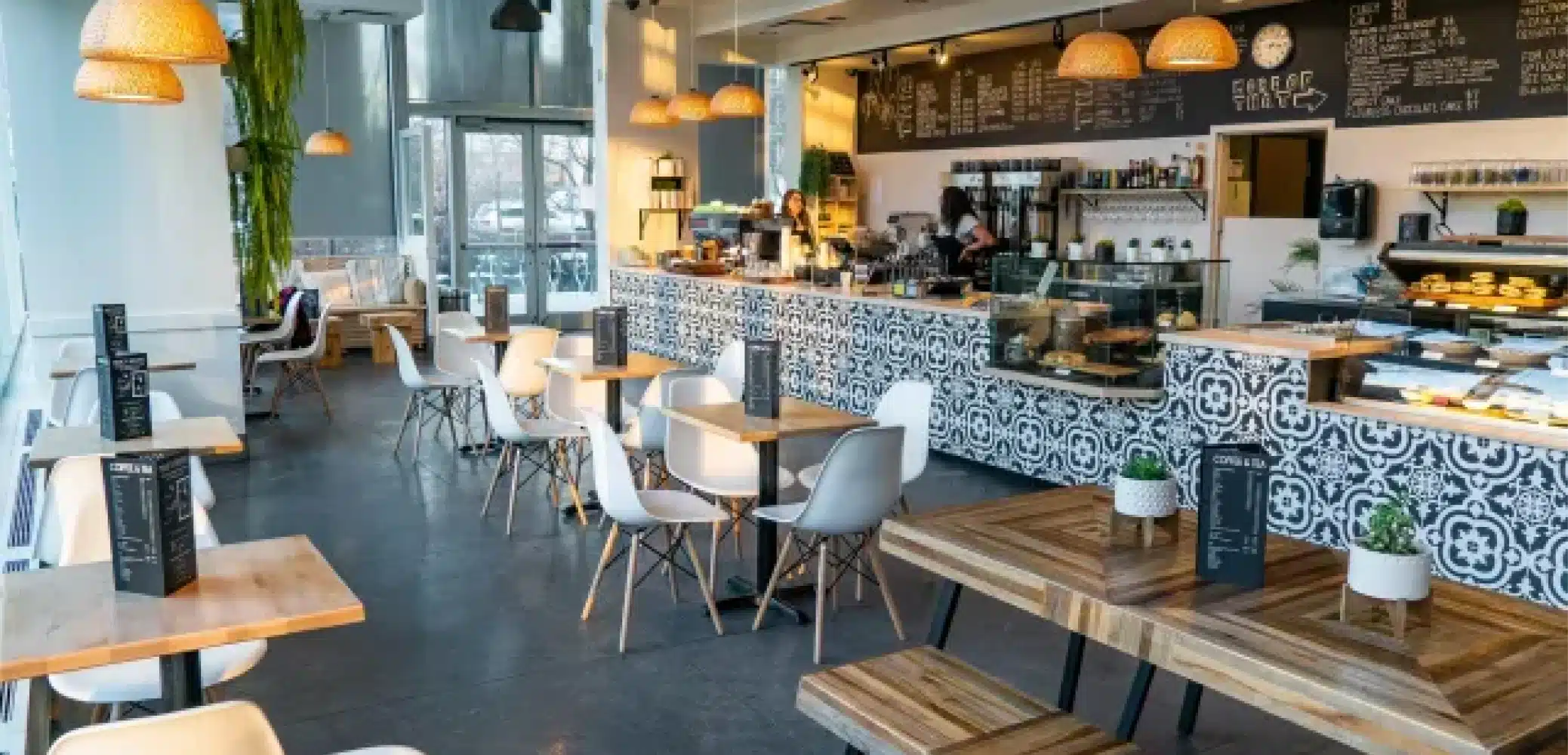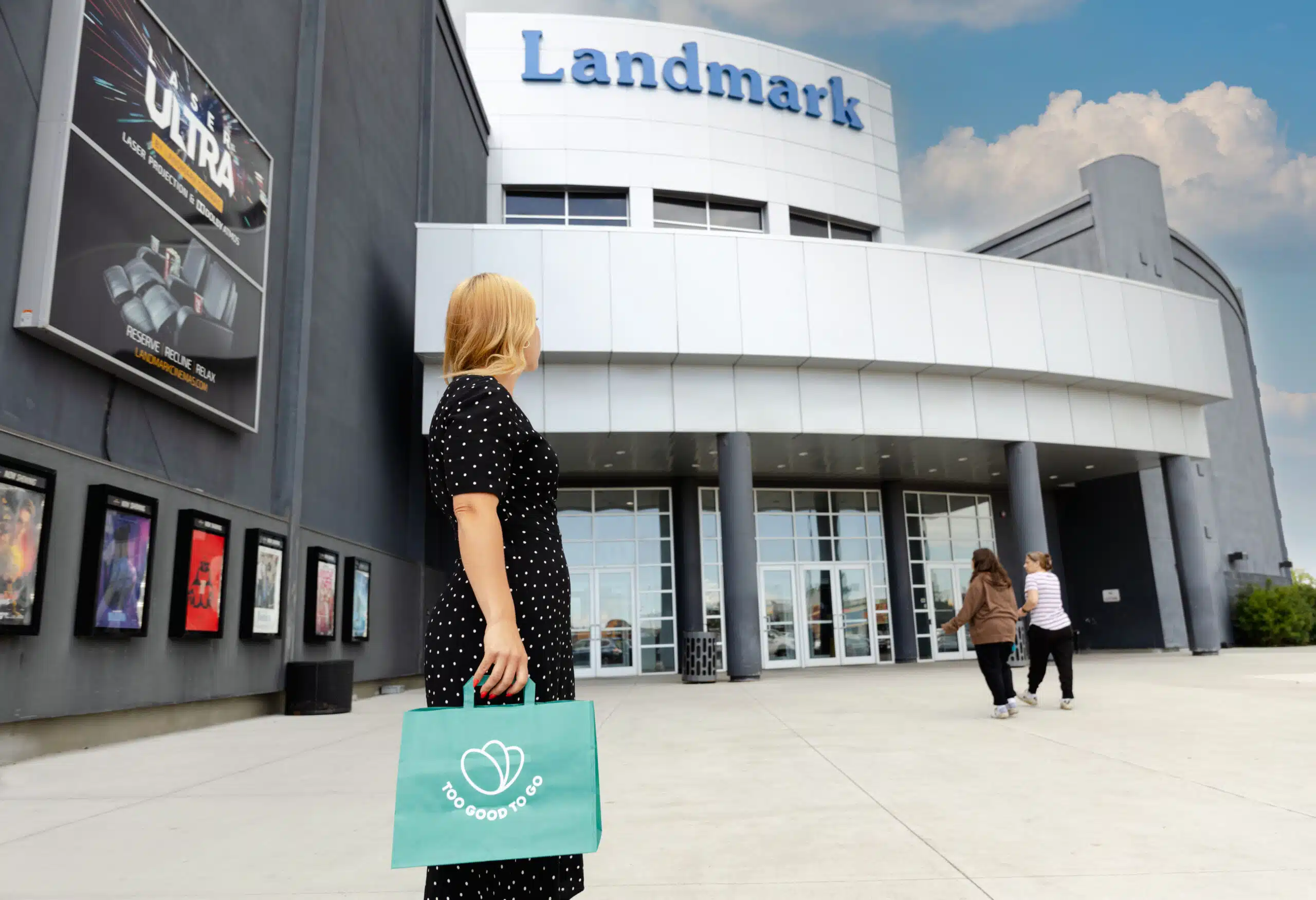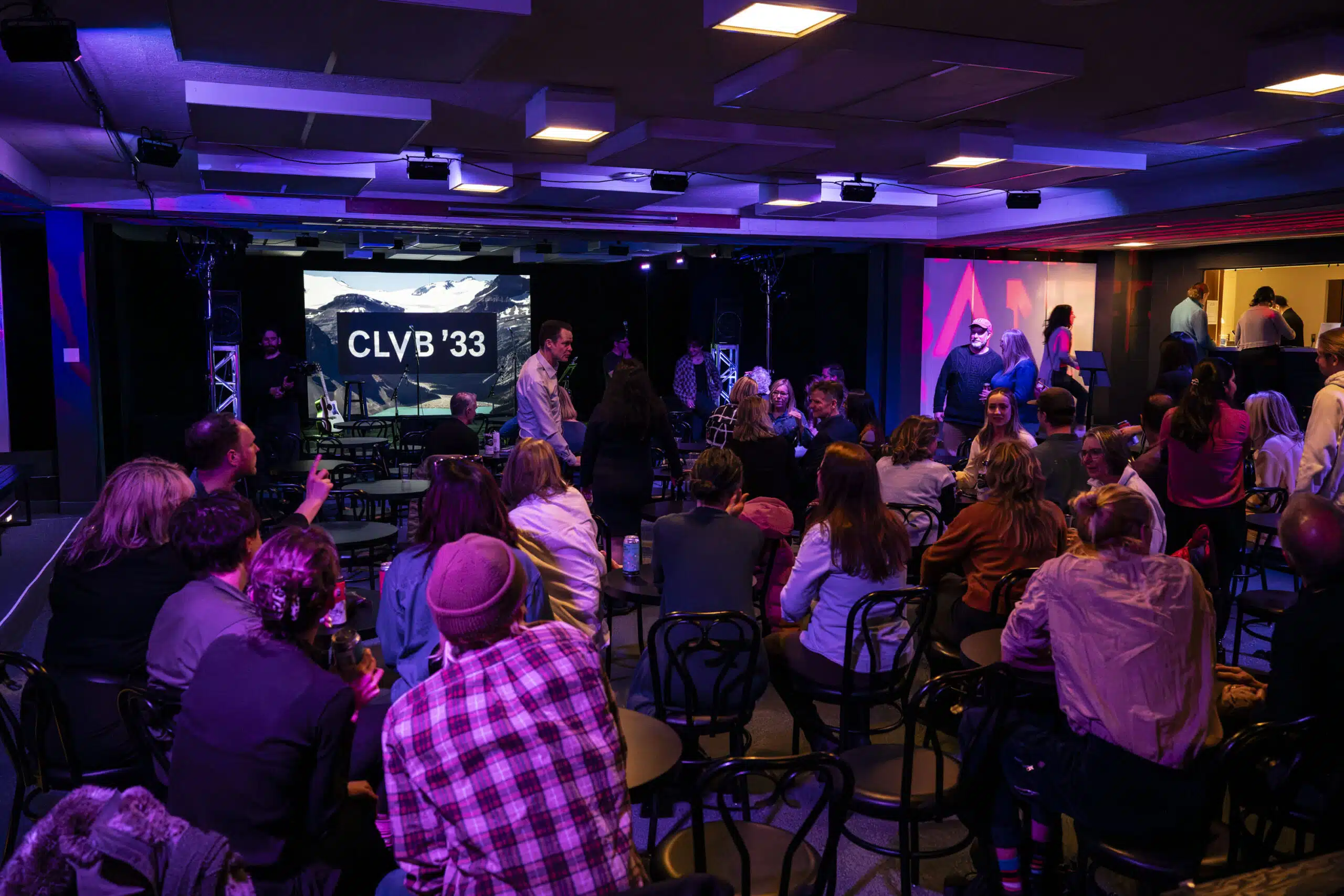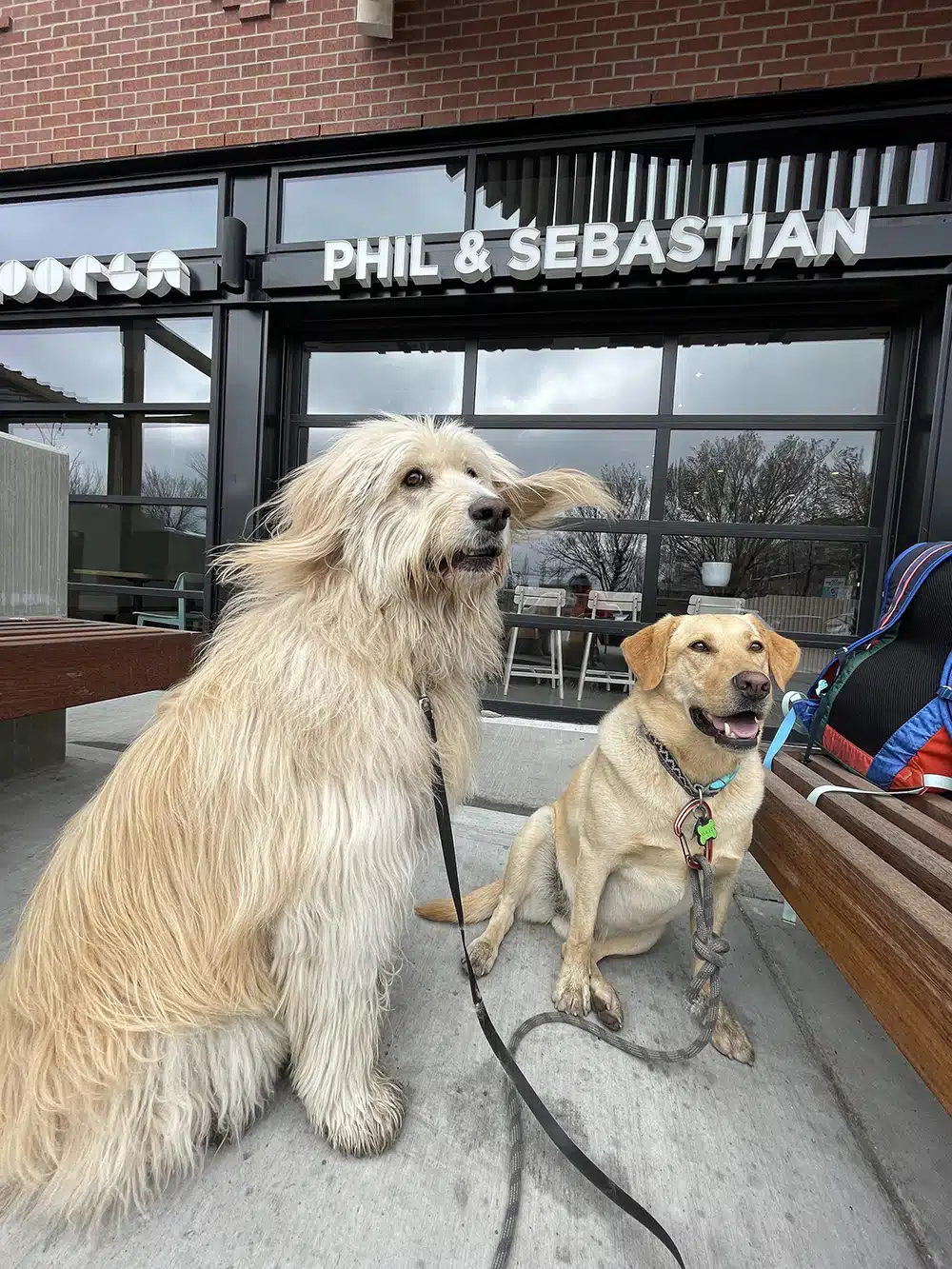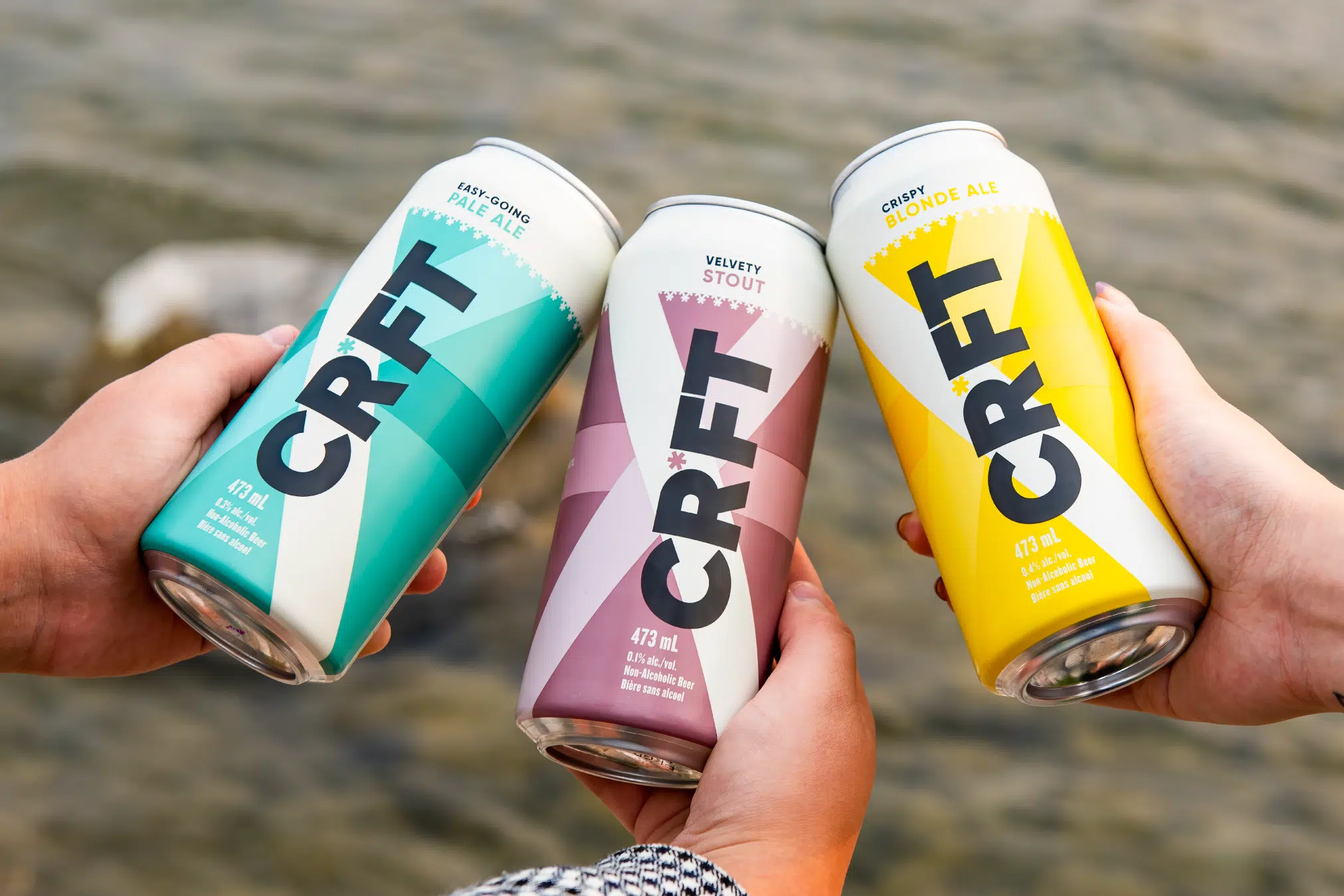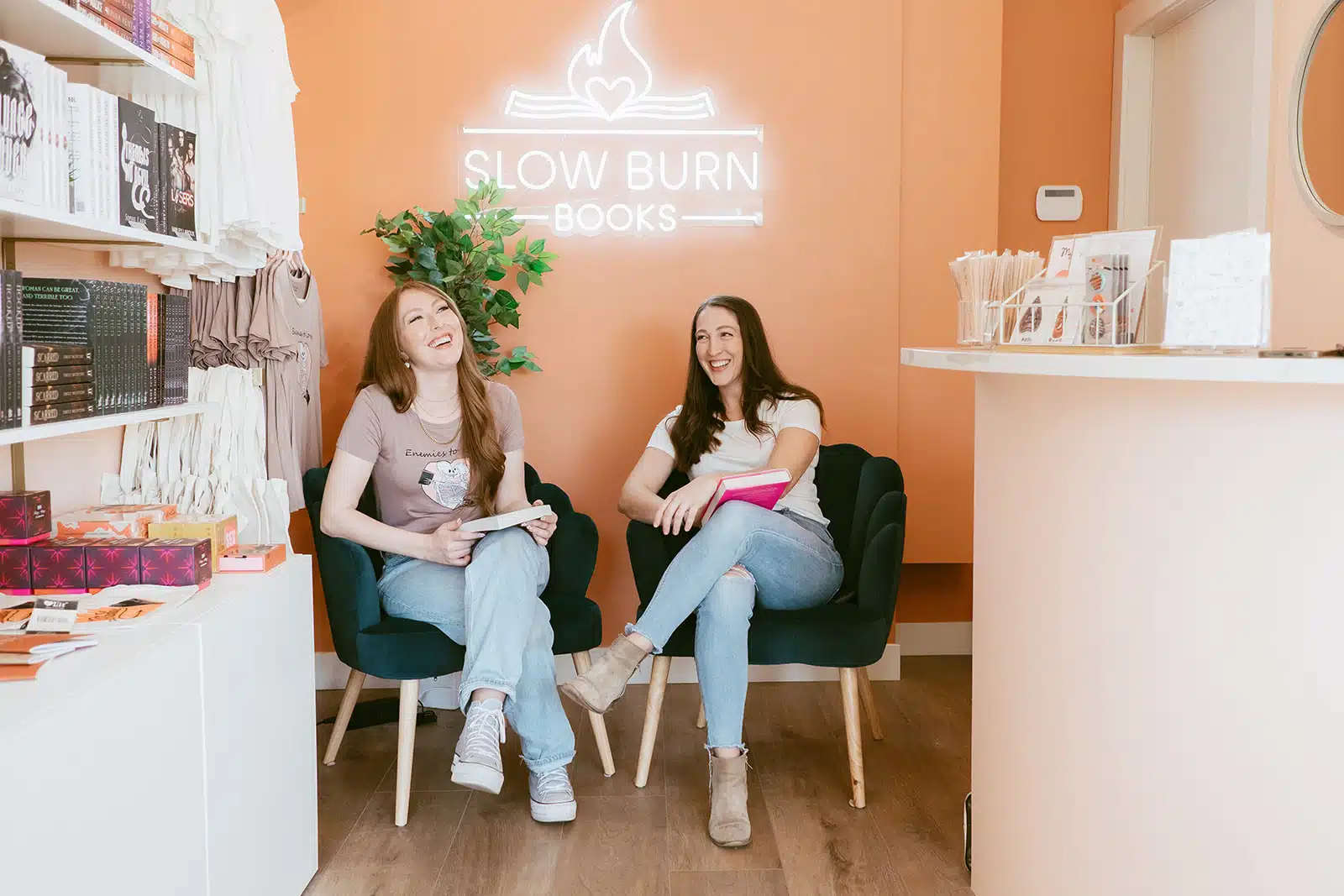Little Free Libraries began as a grassroots initiative inspired by the “take a book, return a book” concept and have blossomed across Calgary over the past decade since the late Cheri Macaulay spearheaded the local movement by creating the first Calgary Little Library in her front yard.
Although Macaulay passed away in 2019, her work inspired hundreds across the city, says Maureen Pyne, who runs the Little Free Libraries Calgary Facebook group.
Though Pyne says the movement has tapered off locally, there are still over 2,200 Facebook members in her group, a mix of Little Library stewards and those who patronize the city’s Little Library network.
“I started my own Little Library right on the cusp of when it really just started blooming. Shortly after, I thought it would be a fun thing for stewards to be able to talk to each other or share ideas,” she says.
Pyne also created a Google map that marks the location of over 330 local Little Libraries — and that only includes the locations of people who register their library with her.
“A lot of people report that once they have a Little Library, they get to meet their neighbours more because people are stopping by,” Pyne says. “Some libraries chisel out their own identity. For example, some just want to offer children’s books. Some specialize in banned books. Some have their own Little Free Library Facebook page where they can post pictures of what’s on their shelf on any given day.”
Calgary children’s book author Lana Shupe stewards the Tusslewood Heights library and Facebook group, and she also just published her second book in mid-September, titled The Book Witch, the Wee White Dog, and the Little Free Library.
It was important to Shupe to include the little library theme in her book to help inspire children to read — and maybe become patrons and stewards themselves one day. She also included her late West Highland Terrier dog in the book.
“We always visited all the little libraries in Tuscany. And if he went in the car with me anywhere, we always tried to stop at any little libraries that we knew along the way,” Shupe says. “I wanted everyone to know about little free libraries and how big of a community builder they can be. I thought, what better place to start than with a picture book for little children and their families reading the book? Maybe it would inspire them to make their own little library.”
Both Shupe and Pyne say it’s been relatively easy keeping their libraries stocked because of the generosity of donations.
Avid reader and Little Library lover Rachel Anderson enjoys visiting different communities to donate books to, but she also likes to visit Little Free Libraries in other cities to see what they’re up to.
“In some communities, you’re more likely to find French books or children’s books, and there are some businesses that also use Little Libraries to share resources or like-minded books,” Anderson says. In Montreal, she found an arts and crafts supply exchange library. Closer to home, she found non-perishable food items and photos in an Okotoks library.
“One of my favourite libraries in Calgary is one in Chaparral that turned an old British phone booth into a Little Library. I also really like this one that looks like a house and then beside it, they made a bird feeder that acts as a garage to the house. It’s so cute.”
Anderson has found everything from a first edition book from the 1950s to a new release hardcover only a few months old in local Little Libraries.
“I like having a local resource where I can donate my books to that gives people a chance to read things they may not normally have access to,” Anderson adds.
Pyne has some tips for those who want to make their own Little Libraries.
“The first thing to think about is what kind of structure you’re going to have and what your vision is for what your Little Library looks like,” she says, encouraging people to think of reusing old items or connecting with people who may be re-homing their Little Libraries. “You can think outside of the box. It doesn’t have to be a little wooden birdhouse-type thing. You can think about some other kinds of things to repurpose. I’ve seen some people use a microwave or an old bar fridge. Some people in Calgary were able to get a hold of old newspaper boxes.”
One more important tip courtesy of Pyne. “Call before you dig!”
